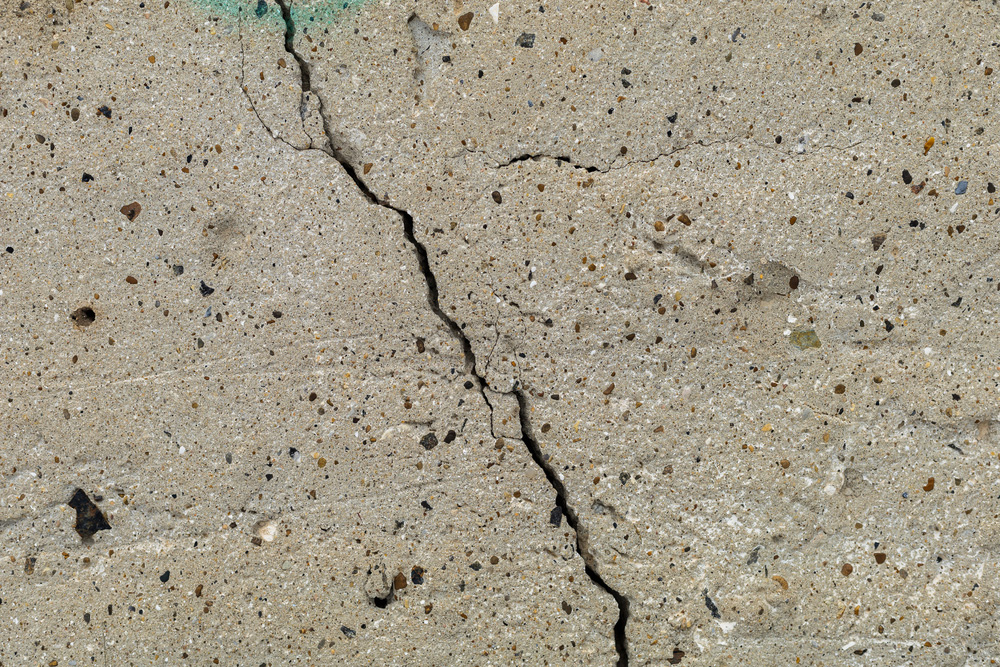Owning a home can be rewarding, but it can also be a huge responsibility. One of the most important things any homeowner must do to keep it in good shape is to make sure its foundation is in good working order. But because so much of it is hidden from plain sight, it’s easy to overlook any problems you may have.
Some of the warning signs of a bad foundation can include but may not be limited to:
- Exterior cracks
- Interior cracks
- Uneven floors
- Doors that don’t close or stay open
- Cracks in kitchen or bathroom tiles

Most of these problems can be prevented with good foundation maintenance. While you should always have a professional foundation repair specialist take care of the big jobs, it’s up to you to maintain and inspect your foundation on a regular basis so you can find any problems early on.
It’s important to keep your foundation protected because without it, your home could have some serious structural issues and will eventually start to fall down. That’s why foundation maintenance is so important. Not only will it keep serious foundation problems from developing, but it can also keep your repair costs low.
Tips for Proper Foundation Maintenance
Here are some tips on how to keep your foundation maintained:
- Schedule a regular plumbing inspection — Plumbing leaks are one of the biggest causes of foundation problems, so you should have an inspection done at least once a year. Look for leaks in sprinkler systems, freshwater lines, sewer lines, and other parts of your plumbing system. If you find a leak, contact a professional plumber as soon as possible.
- Have a root barrier installed — A root barrier can protect your foundation from invasive root systems that can cause heaving in driveways and sidewalks, cracking in walls, as well as any number of sewer line issues. It’s usually installed thirty inches deep and is made of a certain material that can keep roots away from your property.
- Protect your foundation from large trees — One large tree can consume as much as 150 gallons of water a day, which it can absorb from the soil around your home through a process known as “transpiration.” This can cause your foundation to get damaged, but the tree can also send roots under your foundation. Experts recommend you plant trees far enough away from your home that they don’t affect it once they mature.
- Make sure your home is on a proper slope — This will make sure your water flows away from your foundation, which is referred to as a “positive slope.” Otherwise, it’s referred to as a “negative slope.” This is bad for your foundation, because it causes water to flow toward it. You want to make sure the ground around your foundation has been properly graded.
- Install a good drainage system for your home — Foundation upheaval is often caused by too much surrounding water. You will notice it if the foundation goes above its intended position, and it’s often caused by negative sloping (which directs water toward a foundation instead of away from it). Your gutters and downspouts will also play a major role, which is why you want to make sure they’re regularly cleaned.
- Maintain a consistent moisture level around your foundation — It’s important to have a consistent amount of moisture around your foundation. If the surrounding soil gets too wet or too dry, it can lead to problems. This can be prevented by having a water control program. You want to water your foundation during dry periods, which you can do with a lawn sprinkler or an underground foundation watering system.
- Inspect your home for insects, cracks, and damage — Cracks can cause your home’s foundation to deteriorate more quickly, which is where a routine property inspection can be helpful. If you see any holes or hairline cracks, make sure you have them plugged. But if you see it getting larger, you should think about contacting a professional.
- Monitor your home’s temperature — Your home’s temperature should always be kept at a consistent level. Any fluctuations can cause the concrete slab to expand and contract, which can lead to foundation problems.
- Install a sump pump — If your home has to drain a great deal of water, you should think about installing a sump pump. You place it inside a tank that’s built into the ground, and it’s there to collect water. Doing this will make sure your have has proper drainage.
If you’re looking for one of the best places for foundation repair in Corpus Christi, be sure to reach out to Streem Foundation Repair.
